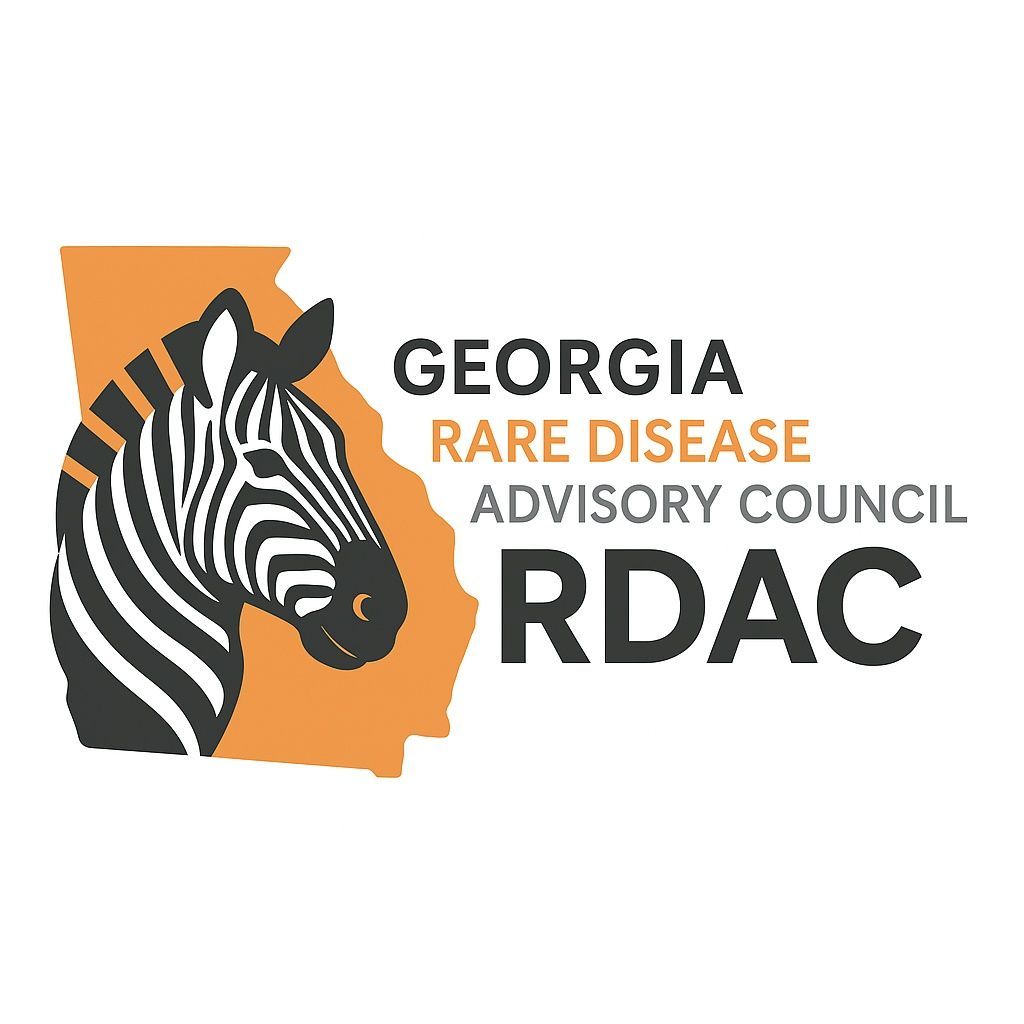Georgia RDAC Publishes Its 2024-2025 Annual Report: Building Momentum for Georgia’s Rare Disease Community

Georgia’s Rare Disease Advisory Council (RDAC) has released its inaugural Annual Report, covering activities from April 2024 through June 2025. Established by law on May 6, 2022, and fully seated in early 2024, the Council’s mission is to ensure every Georgian living with a rare disease has timely diagnosis, coordinated care, evidence-based resources, and access to effective treatments.
Key Highlights
- Operational Launch & Governance
- First official meeting in April 2024; Council now meets monthly and is guided by adopted bylaws, a mission statement, and three strategic goals.
- Diverse 2025 membership of clinicians, patient advocates, researchers, industry, and state-agency representatives brings cross-sector expertise to the table.
- Strategic Goals & Early Wins
- Policy Resource: Engaged state legislators and multiple agencies, delivered testimony, and supplied technical feedback on rare-disease legislation during the 2025 session.
- Empower the Rare Community: Drafted Georgia’s first Quality of Life Needs Assessment Survey (to launch in 2026) and attended community events such as Rare Wish and NORD’s conferences to elevate patient voices.
- Support the Medical Community: Provided guest lectures at Emory Medical School, the GA Bio Patient Engagement Summit, and other venues to raise clinical awareness of rare diseases.
- Outreach & Education
- Hosted nationally recognized speakers from NORD, PhRMA, and academic researchers to share best practices and policy insights with Council members.
- Launched a new RDAC website, improving public access to resources and Council updates.
- Metrics at a Glance
- 10 direct support requests from rare-disease patients or groups answered.
- 3 patient testimonials shared with policymakers.
- 2 community events attended and 3 listening-style presentations delivered.
- 2 bills supported or shaped through Council engagement.
Looking Ahead to 2026
The Council will broaden its impact by hosting statewide listening sessions, finalizing and deploying the Quality of Life Survey, expanding collaborations with healthcare providers, and solidifying its role as a trusted policy resource for Georgia’s General Assembly.
“United, we will help our rare community thrive for years to come.” — Beth Nguyen, RN, RDAC Chairperson
Read the full 2024-2025 Annual Report HERE to see detailed accomplishments, financials, and the complete roadmap for advancing rare-disease care and research in Georgia.




